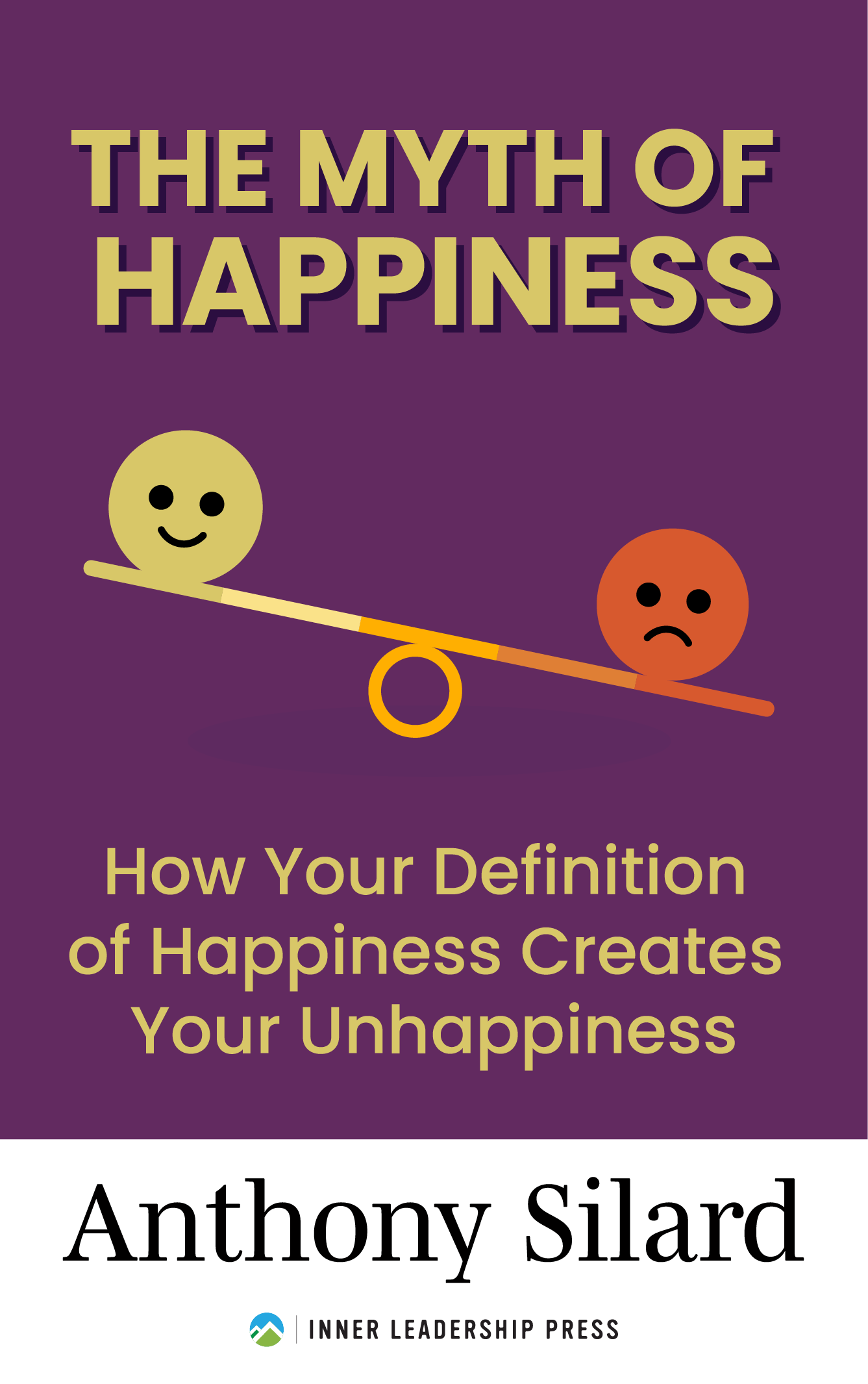Trauma-Informed Leadership
How Leaders Effectively Manage
Trauma-Affected Companies and Organizations
While there is a thriving literature on “secondary trauma” in clinical psychology, social work, and stress management, little is still known about how secondary trauma emerges in companies and organizations. Referred to in parallel as “vicarious trauma” or “compassion fatigue,” secondary trauma refers to an emotional state in which an individual (e.g., a staff person or volunteer) experiences the pain, sadness, distress, or other negative emotion of a second individual (e.g., an organizational client): for instance, a counselor or lawyer listens to the experiences and reactions of a client to traumatic situations, which indirectly produce distress and traumatization in the counselor or lawyer.
Think second-hand smoke: the client transmits, through emotional contagion, their trauma to the organizational member. The organizational member, in turn, experiences some of the same effects of trauma as the client: stress, burnout, difficulty trusting others and disillusionment with society. In the case of the organizational actor, this erosion of trust and disillusionment can extend to the company or organization if secondary trauma is not carefully managed.
Secondary trauma can emerge acutely when the organizational member expresses care, concern, and empathy over a protracted period toward a client who recounts their experience of trauma such as violence, rape, poverty, abuse, illness, or loss. Given their organizational roles at the front lines of human tragedy, such transmission of secondary trauma occurs frequently in some companies and organizations.
Based on Dr. Anthony Silard’s research with over 150 secondary-trauma-affected employees of a wide variety of organizations, in this session you will learn how secondary trauma emerges in companies and organizations. You will then learn how you, as a leader, can guide a high-performance company into the future by interacting with secondary-trauma-affected team members so they can both makes sense of and find meaning in their trauma and retain their productivity.
Session Learning Objectives
Contact GLI if you would like us to help you customize
a leadership conference for your company or organization.





